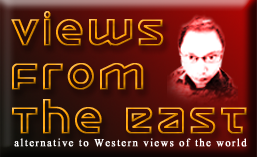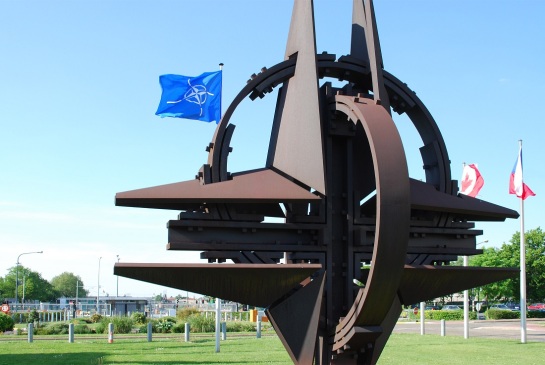The United States, led by Barack Obama himself, has finally bombed Islamic State (IS) targets inside Syria – a bombing campaign of which is unauthorized by the United Nations and the Syrian government.
The United States has begun an air campaign and cruise missile attacks against IS targets in Syria on Tuesday morning, together with aircraft from Saudi Arabia and the United Arab Emirates as confirmed by the US Central Command. Just in case the Syrian government poses a risk to the American intrusion into their country, the United States also employed, for the first time, F-22 stealth fighters to evade radar.
Over the past few weeks, the United States claimed it had ‘broad international support’ which is essentially a coalition of the killing repressive regimes in the Middle East. Having an uncanny resemblance to the WMD formula against Iraq a decade ago, Washington’s fear mongering against the IS threat operating in Iraq and Syria is subject to contempt especially given that its ‘broad international supporters’ are they themselves involved in toppling Bashar Al Assad’s government and having the ultimate goal of isolating Iran.
The completely illegal airstrikes has provoked reactions from the international community as it is perceived as a backlash to the United States support for ‘moderate’ Islamists in the Middle East to foster regime change against non-allies.
In a statement, Russian Foreign Minister Sergey Lavrov said “now that the Islamic State of Iraq and Levant (IS) has been appointed United States’ archenemy, I’d like to recall that ISIS militants are the very same people evolved and powerful sponsorship and material support from abroad at the time of the regime change efforts in Libya and later or when the same process was attempted in Syria.”
Referring to Moscow’s efforts to mediate in the now three year war in Syria, Lavrov added that “they never listened to us when we proposed to unite our efforts and help the Syrian government and the moderate, patriotic Syrian opposition to form a united front against terrorists swarming all over the Syrian Arab Republic – they never listened to us.”
As for Obama, in a letter to United Nations Secretary General Ban Ki Moon, said that the Syria airstrikes are justified because Syria is “unwilling to protect or unable to prevent the use of its territory” by IS. Obama has forgotten that the Syrian government has been fighting these Western-backed terrorists for three years now, where the ongoing destruction of Syria is as a result of Washington’s backing of so-called moderate rebels in Syria and the wider Middle East.
The Nobel Peace Prize recipient, Obama’s recent campaign to ramp up militarism abroad, from nuclear weapons modernization, establishing new bases to contain China, increased use of drone warfare to name just a few, went against his campaign of scaling back his predecessor’s global war on terror.
Obama has been sucked into the same military aggression founded on systematic and enduring lies, which is part of its ‘responsibility to protect’ but not against extremism, but rather responsibility to protect its greedy interests. Such arrogant imposition of its interests abroad is hardly surprising as it is perfectly in line with America’s sincere belief in its own exceptionalism, just in different packages.


